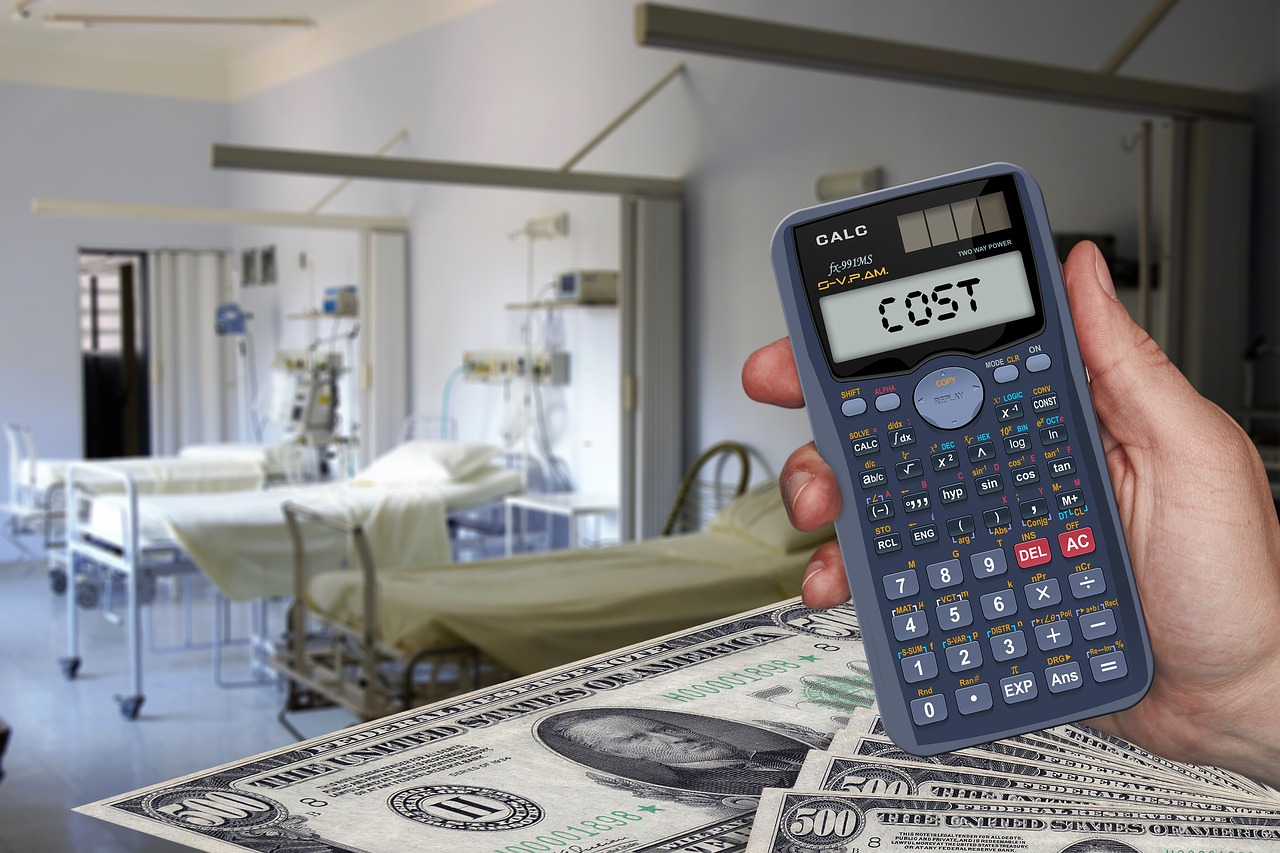The answer to whether Amazon, in partnership with a pair of financial giants, can make healthcare more accessible and less expensive for its workers is: Apparently, it can’t.
About two years after rolling out a project known as Haven, the plug is being pulled.
The idea had been for Amazon to pool resources with the investment and banking firms Berkshire Hathaway and JPMorgan Chase & Co. “to make primary care easier to access, insurance benefits simpler to understand and easier to use, and prescription drugs more affordable” for their employees. (That’s more than a million people. Amazon alone employs about 800,000 workers in the U.S.)
In remarks for Haven’s January 2018 launch, Berkshire Chief Executive Warren Buffett had high hopes. “The ballooning costs of health care act as a hungry tapeworm on the American economy,” Buffett said, according to The Wall Street Journal. “Our group does not come to this problem with answers. But we also do not accept it as inevitable.”
But apparently they didn’t find enough answers to keep Haven alive. According to the Journal, “Haven’s setup proved unwieldy for solving the three sprawling companies’ problems, people familiar with the matter said. Different employee bases and locations led to different priorities, and each employer’s existing health-care system required different fixes, according to one of the people.”
Amazon remains in healthcare
Amazon isn’t totally bailing out of the healthcare field. Last November, the company launched a pharmacy section on its website. Customers can use their insurance to buy their meds on the same website they use to buy books, bananas, baby oil, and everything else.
Prime members can pay cash and get a discount price on the website or at thousands of retail pharmacies. You can see those discount prices on the website, and if you provide your insurance information, you can compare that discount cost with what your insurance copay would be.

A quick Amazon search I made for a few MS medications — Ampyra (dalfampridine), baclofen, and Provigil (modafinil) — turned up discount prices that were similar to my Medicare Plan D copay. But searching for the disease-modifying therapy Aubagio (teriflunomide) turned up a “not found” response.
Amazon also launched a health and wellness wearable device called Halo last August. Not only does it measure and record your heart rate, temperature, and body motion, it also contains a microphone. The Halo app is supposed to be able to judge the level of your stress by the sound of your voice.
A review on the tech website ZDNet calls the wristband “creepy yet useful.” I think it might tell me more about myself than I’m interested in knowing. However, because stress can trigger MS relapses, I can see where Halo could be useful to some of us living with MS.
Are you OK with all this?
My questions to readers are the following: How comfortable are you with technology and financial companies moving into the healthcare area? Should large corporations try to provide healthcare services to their employees, as the creators of Haven had hoped they could? Would something like Haven reduce the cost and improve the availability of the healthcare you receive? Do you agree that it would help squish the healthcare “tapeworm,” as Warren Buffett hoped it would?
(A version of this post first appeared as my column on the MS News Today website).
(Featured image by Gerd Altmann from Pixabay)



